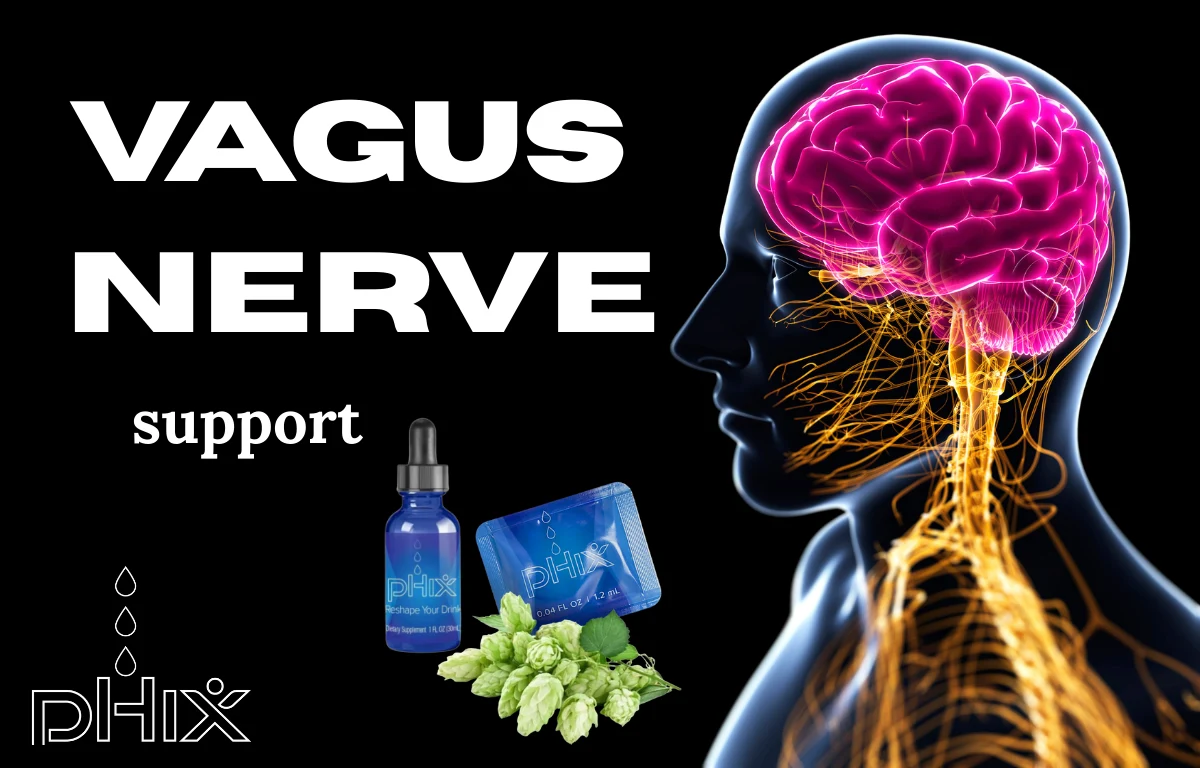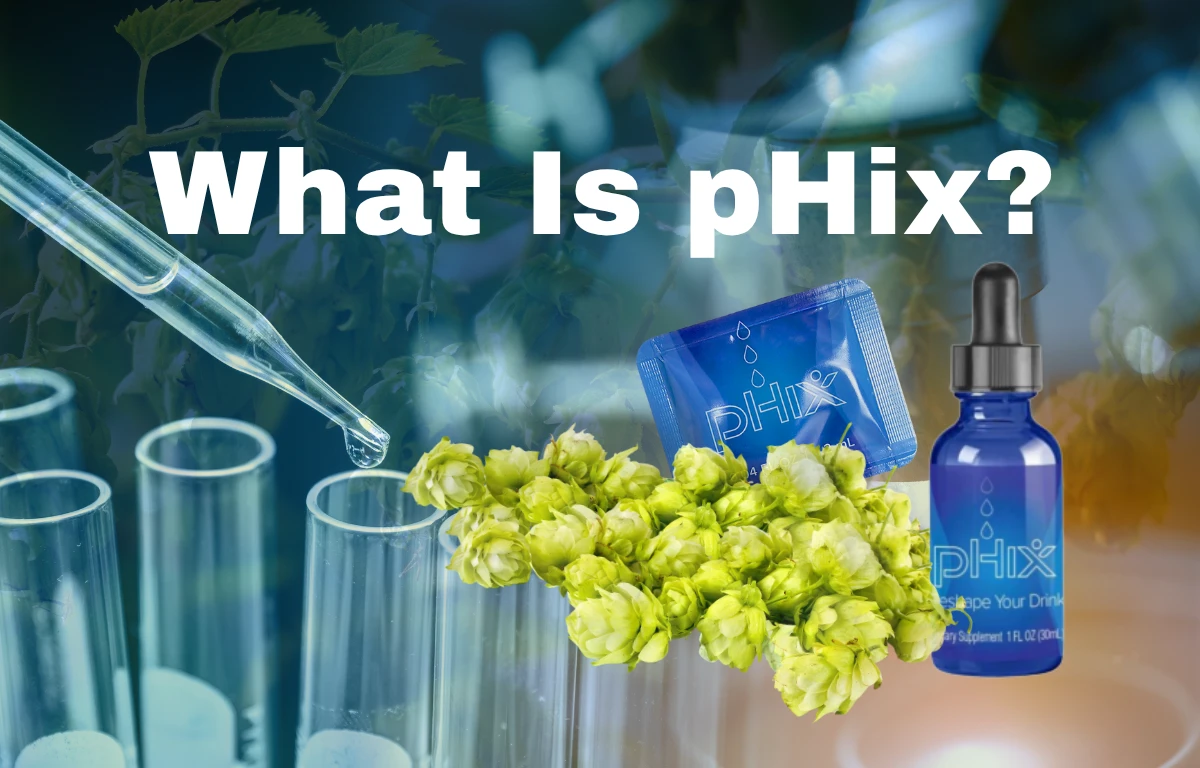Book A Call Now

Holistic Approaches to Hormone Health: From Diet to Mindfulness
In our fast-paced world, women often find themselves juggling numerous responsibilities, from careers to family life. This can take a toll on their hormonal health, leading to a range of issues like irregular periods, mood swings, and more. Fortunately, holistic approaches to hormone health offer a well-rounded solution, encompassing nutrition, stress management, and mindfulness. In this blog post, we’ll explore how these holistic strategies can help women maintain hormonal balance and overall well-being.
Understanding Hormonal Imbalances
Before delving into holistic approaches, it’s important to understand the significance of hormonal balance. Hormones play a critical role in various bodily functions, from regulating the menstrual cycle to influencing mood and energy levels. When these hormones are disrupted, it can lead to various health issues, including polycystic ovary syndrome (PCOS), PMS, and even fertility problems.
1. Holistic Approach: Nutrition Matters
One of the foundational pillars of hormonal health is nutrition. What you eat directly impacts your hormones. A well-balanced diet can help stabilize insulin levels and promote the production of essential hormones like oestrogen and progesterone. Here are some dietary tips for supporting hormonal balance:
1. Fibre-Rich Foods: Incorporate whole grains, fruits, and vegetables into your diet. These foods help regulate blood sugar levels and maintain insulin balance.
2. Healthy Fats: Include sources of healthy fats, like avocados, nuts, and fatty fish, to support hormone production.
3. Protein: Opt for lean protein sources such as chicken, fish, and plant-based options like tofu.
4. Limit Processed Foods: Minimize the consumption of processed foods, sugar, and refined carbohydrates, as they can disrupt hormonal balance.
5. Hydration: Staying well-hydrated is essential for hormone regulation, so don’t forget to drink enough water.
2. Holistic Approach: Stress Management
Stress is a common factor that can lead to hormonal imbalances. Chronic stress triggers the release of the “fight or flight” hormone cortisol, which, when elevated over extended periods, can disrupt the balance of other hormones. Here’s how you can manage stress holistically:
1. Exercise: Engage in regular physical activity to reduce stress and promote the release of endorphins, which are natural mood lifters.
2. Mindfulness and Prayer: Mindfulness practices and prayer can help you manage stress and keep cortisol levels in check.
3. Adequate Sleep: Ensure you get enough quality sleep, as sleep deprivation can exacerbate stress.
4. Time Management: Organize your schedule and set aside time for relaxation and self-care to reduce stressors.
3. Holistic Approach: Mindfulness
Mindfulness is the practice of staying present in the moment, and it can significantly contribute to hormone health. Mindful practices can help reduce stress, improve sleep, and enhance overall well-being. Here’s how to incorporate mindfulness into your daily life:
1. Prayer and Quiet time: Dedicate a few minutes each day to prayer and becoming still. It can help you stay grounded and reduce stress.
2. Breathing Exercises: Deep, mindful breathing can activate your body’s relaxation response and lower stress hormones.
3. Journaling: Reflect on your thoughts and feelings through journaling to gain insight into your emotional state and identify stress triggers.
Hormonal balance is crucial for women’s health and well-being. Holistic approaches that include nutrition, stress management, and mindfulness can make a substantial difference in maintaining this balance. By adopting a healthy diet, managing stress effectively, and practicing mindfulness, you can support your hormones, reduce the risk of related health issues, and promote your overall quality of life. Remember that holistic approaches often work best in combination, so consider integrating these strategies into your daily routine to enjoy the full benefits of hormonal health and wellness.




